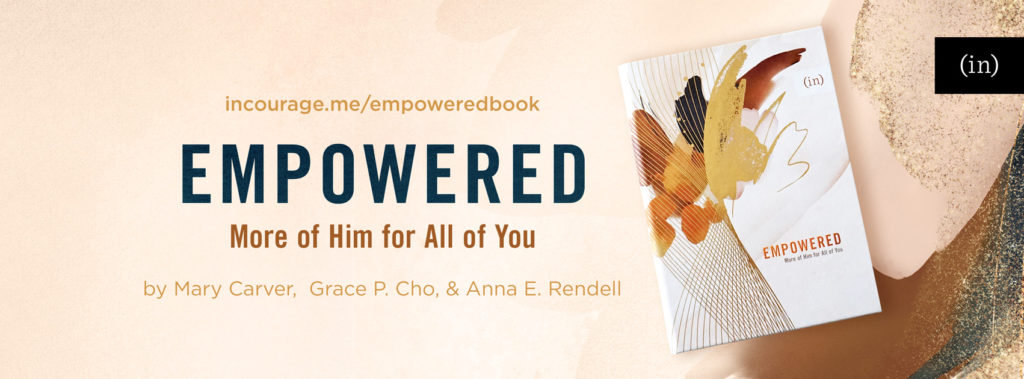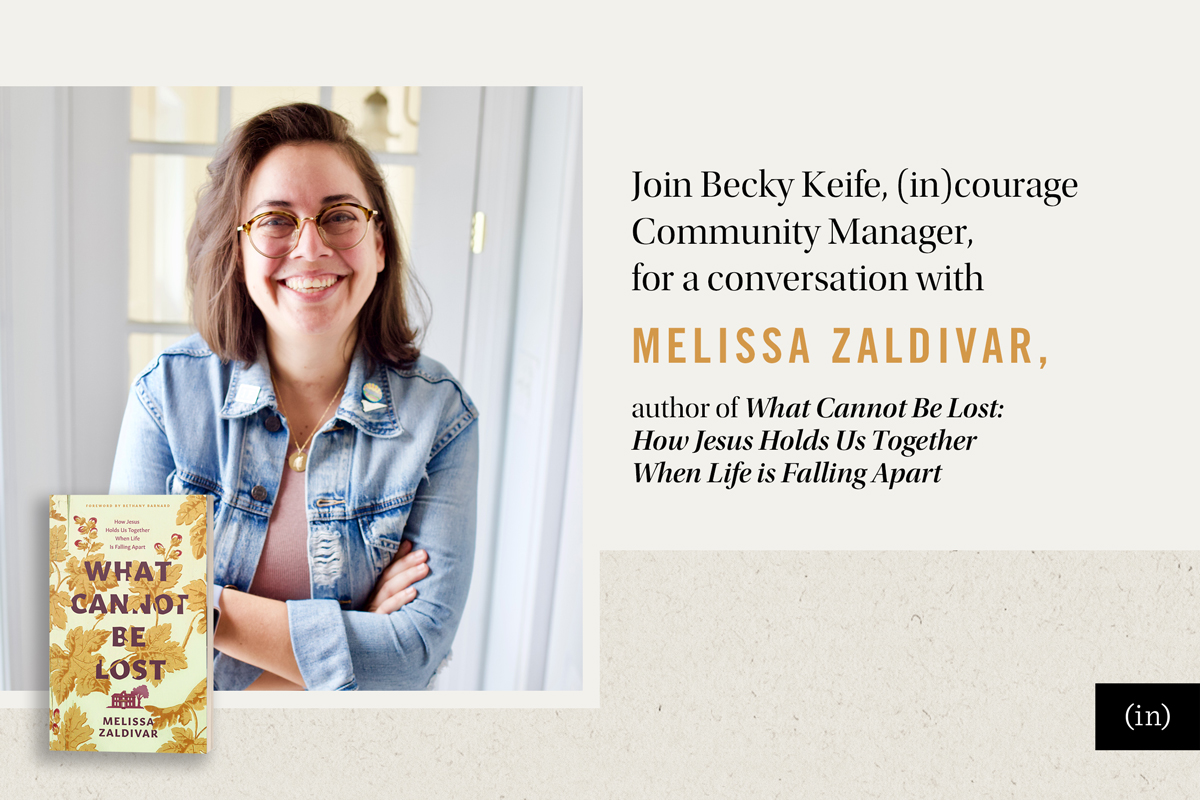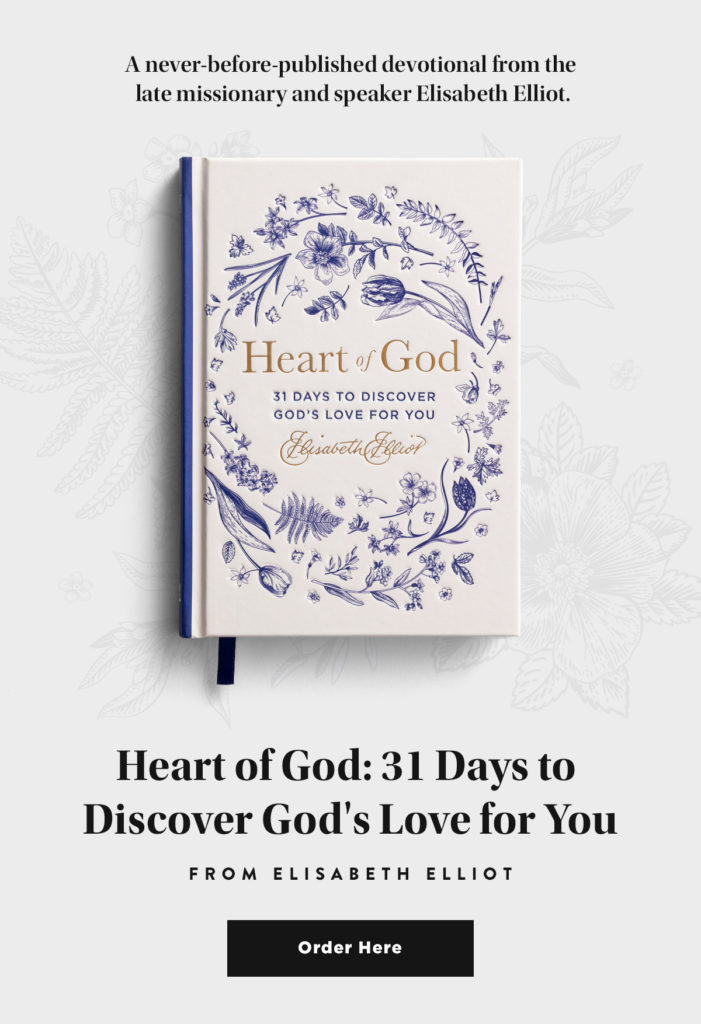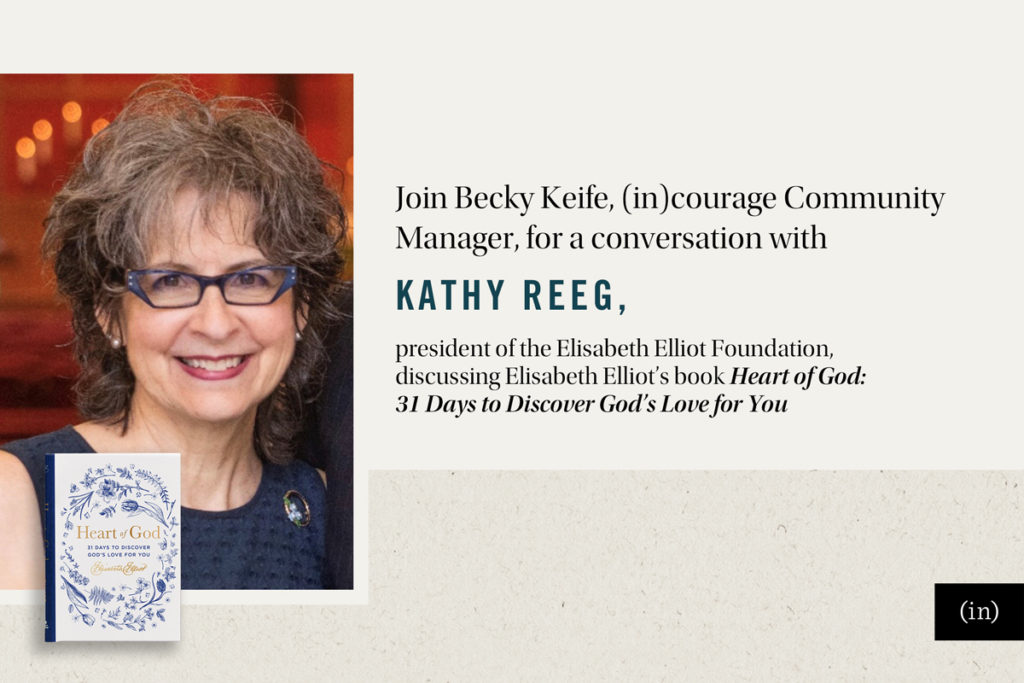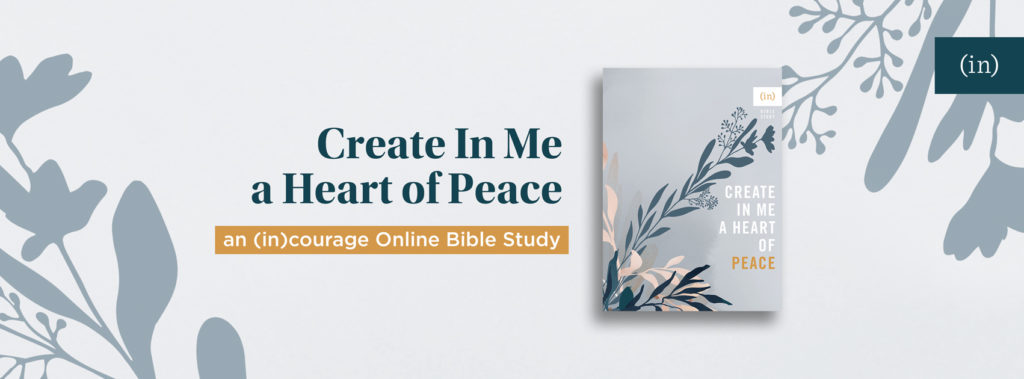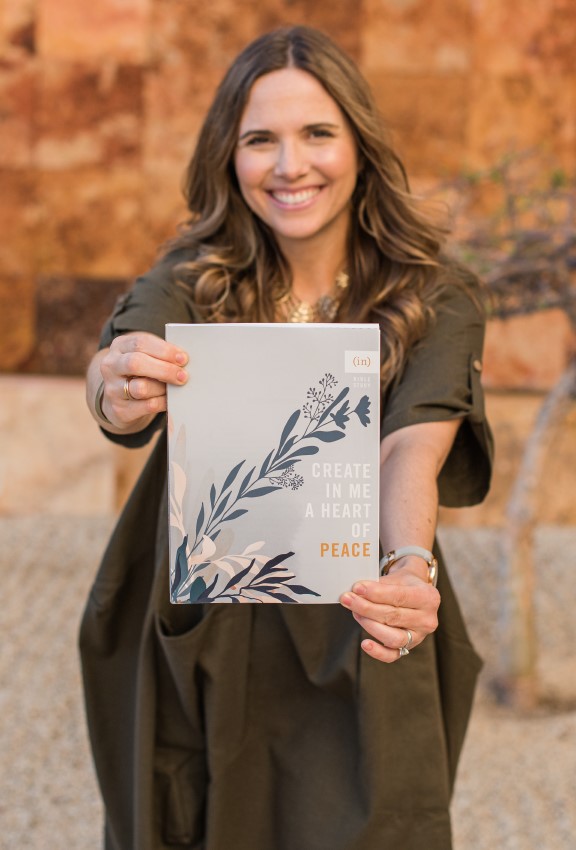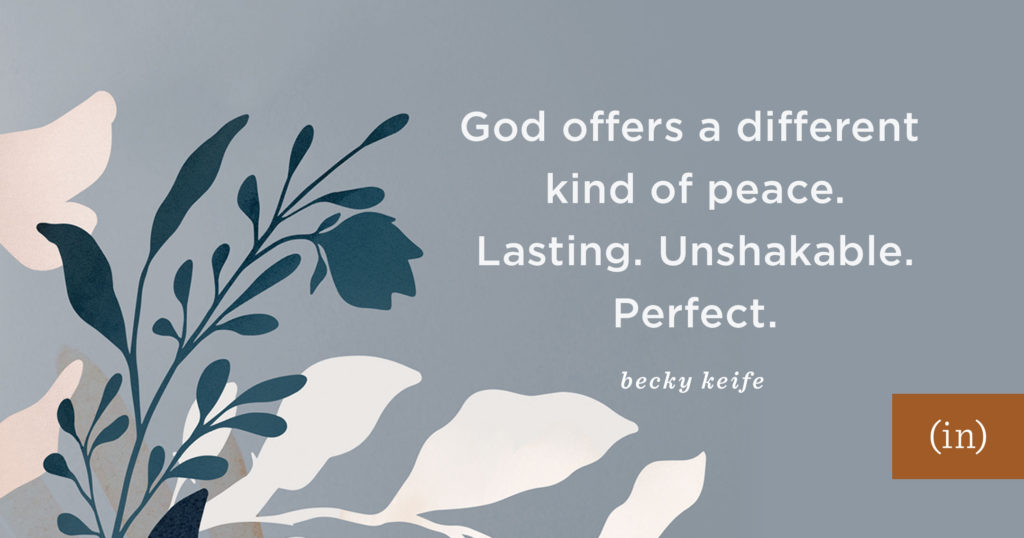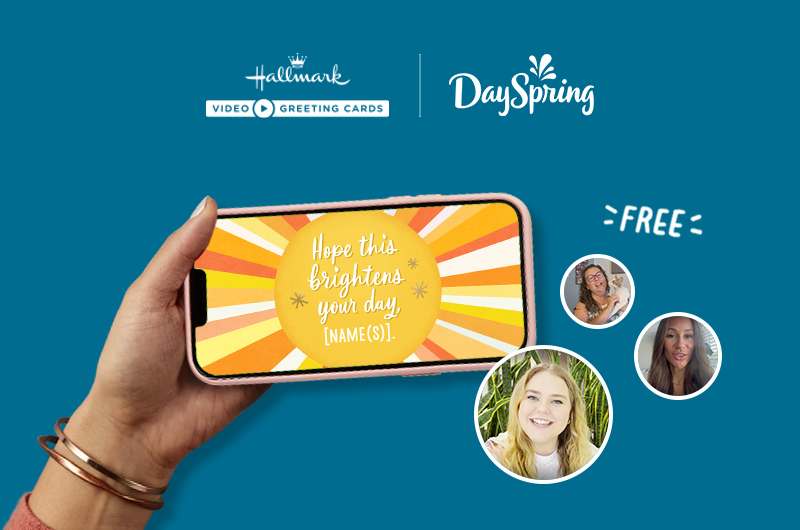But we have this treasure in jars of clay to show that this all-surpassing power is from God and not from us. We are hard pressed on every side, but not crushed; perplexed, but not in despair; persecuted, but not abandoned; struck down, but not destroyed. We always carry around in our body the death of Jesus, so that the life of Jesus may also be revealed in our body. For we who are alive are always being given over to death for Jesus’ sake, so that his life may also be revealed in our mortal body. So then, death is at work in us, but life is at work in you.
2 Corinthians 4:7-12 (NIV)
We know what it’s like to feel pressed from every side. Our stories are all different, but we know our own versions of despair and abandonment. But the death we feel waging war on our bodies, minds, souls is not the end of the story!
Love wins!
We carry within us this greatest Love — the One who died so we could live, the One who compels us to die to ourselves so others can also live. This Love is the strength that carries us when we don’t think we can go another step. He’s the path that shows us where to go when nothing makes sense. Love — God — lives within us, and He wants to show Himself to those around us, to the world, through our imperfectness, so others can see Him clearly.
Let’s love as He loved us — generously, keeping in mind that the treasure of His love is meant to be shared.


